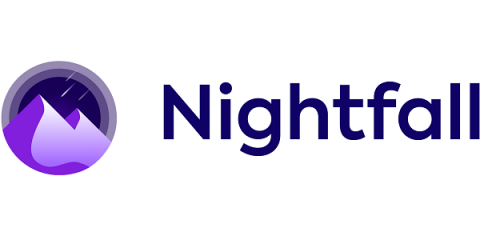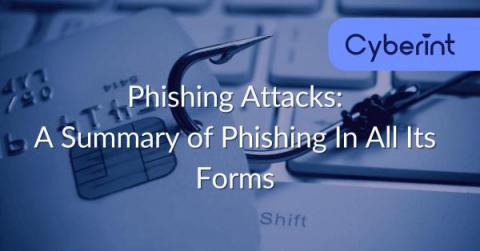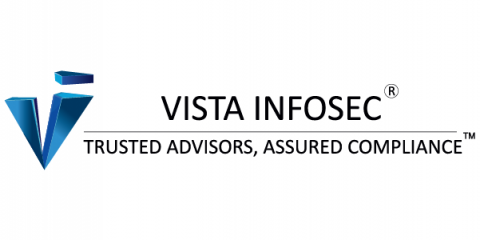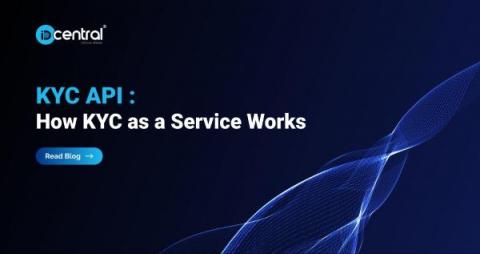How can Cyber Security Playbooks and Runbooks Benefit Your Security Program?
You probably don’t need anyone to tell you that, today, infosec and cybersecurity are challenging and fast-paced endeavors. In the last five years alone, we’ve seen a myriad of industry altering developments — from an ever expanding universe of privacy compliance legislation and the permanent entrenchment of hybrid and remote work, to growth in the size and scope of data breaches — the world of security has proven ever complex and ever-shifting.











